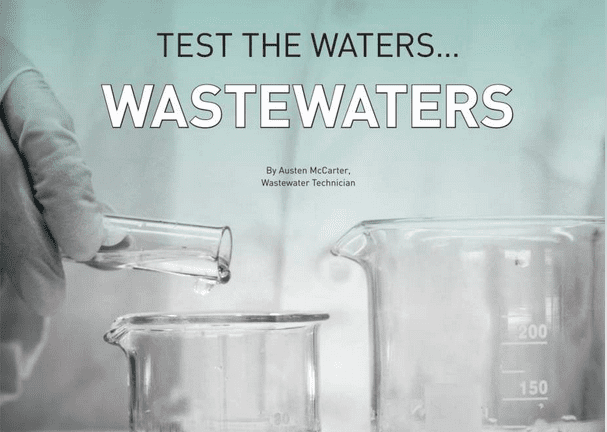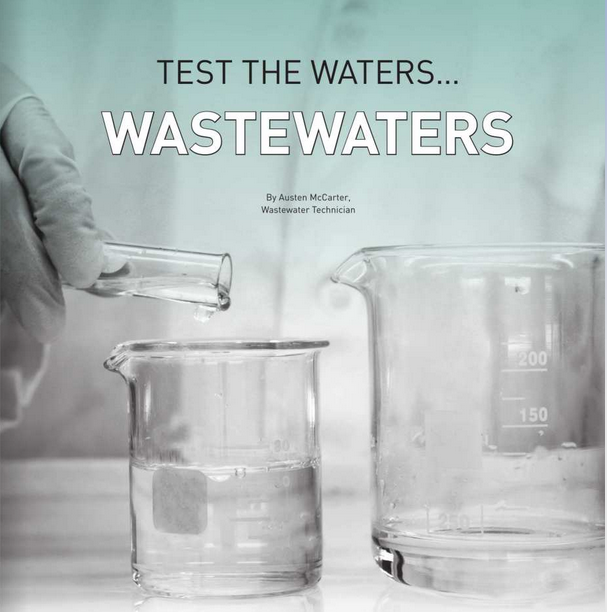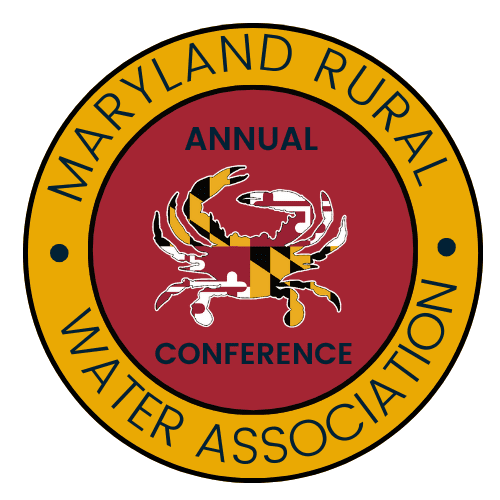By Austen McCarter - Summer 2020 issue, The Chesapeake magazine


WOW. What can I say, I feel like the past few weeks, which is now turning into months, have been a crazy story that started with somebody saying “Hey hold my beer, watch this!”. Don’t get me wrong, I’m not taking for granted the severity of the events that have unfolded, but at the same time if you had told me on New Year’s Eve of what was to come in the New Year, I would have said you were crazy. As I am typing this article my son is sitting across the table from me having a zoom meeting with his teacher talking about a book they have been reading. The normal that we have all been accustomed to is now just a memory. With that being said, we can take this as an opportunity to move forward and make progress.
I’m sure for most of us, we have realized that we weren’t prepared for the events that unfolded, and rightly so. There hasn’t been anything like this before, and so we are writing the book on it so to speak, kind of making it up as we go. It seemed as though overnight our resources became scarce and toilet paper and Lysol became our new currency. Parents became teachers. The face of socialization changed with Zoom meetings, drive by birthday parties, and porch proms. People are enjoying the outdoors and life has slowed down. Sometimes I think it’s all a dream and tomorrow I will wake up and hit the road like any normal day, unfortunately that hasn’t yet happened.
Personally, myself and family have fared pretty well thus far. There was a small scare early on in the outbreak. For those who don’t know my wife is a labor and delivery nurse at a local hospital, long story short she had to be quarantined for a few days after being exposed to a suspected positive patient. Test results came back negative so I was able to let her out of the dungeon, her words not mine.
For this month’s article I initially thought about doing something different, and the more I thought about it I have decided to propose something to you that I think could have some real word applications for future events like the one we are currently dealing with. Ok, here goes. What if we used Wastewater systems as an early warning system to help detect and predict future outbreaks? Let me first express to you that I am no way shape or form taking credit for this idea. I first read about this idea from Dr. Zhugen Yang, a Lecturer in Sensor Technology at Cranfield Water Science Institute
“Dr Zhugen Yang, Lecturer in Sensor Technology at Cranfield Water Science Institute, said: “In the case of asymptomatic infections in the community or when people are not sure whether they are infected or not, real-time community sewage detection through paper analytical devices could determine whether there are COVID-19 carriers in an area to enable rapid screening, quarantine and prevention. The wastewater-based epidemiology (WBE) approach could provide an effective and rapid way to predict the potential spread of novel coronavirus pneumonia (COVID-19) by picking up on biomarkers in feces and urine from disease carriers that enter the sewer system” (Cranefield University, 2020).
This got the wheels turning, thinking of how we could use this to prevent, or more likely, at least have an early warning system in place for future events like we are currently dealing with. Most of what I have sited is talking about our current COVID-19 pandemic, but let’s face it we are one bat away from another novel virus outbreak. Like the old saying, necessity is the mother of all invention. In my research I found another article, this one is out of Paris.
“By sampling sewage across greater Paris for more than 1 month, researchers have detected a rise and fall in novel coronavirus concentrations that correspond to the shape of the COVID-19 outbreak in the region, where a lockdown is now suppressing spread of the disease. Although several research groups have reported detecting coronavirus in wastewater, the researchers say the new study is the first to show that the technique can pick up a sharp rise in viral concentrations in sewage before cases explode in the clinic. That points to its potential as a cheap, noninvasive tool to warn against outbreaks, they say.
“This visibility is also going to help us predict a second wave of outbreaks,” says Sébastien Wurtzer, a virologist at Eau de Paris, the city’s public water utility (Lesté-Lasserre 2020)
In this case study, they have documented a direct correlation from what they saw in the wastewater to that of what is known for COVID in the area. Granted I don’t think this has a place in our Rural Wastewater plants, to many hurdles for these folks. I’m thinking larger scale, say 100,000 or greater in population. Plants where they have the staff, onsite lab and the population numbers to get a good representative sample to better tract the potential outbreak. As I mentioned earlier, this is not my idea, I am just trying to be an advocate for its implementation in larger plants so that we can try and get ahead of the curve for the next one. Testing frequency would be my next question, do we do it as a monthly proactive approach or do we create a set of checks that once all criteria are met (globally or regionally) we then begin testing? Personally, it seems like a viable solution for gathering data on a suspected population without having to test every single person. A quicker, less invasive, and less costly alternative if you will.
“If COVID-19 can be monitored in a community at an early stage through WBE, effective intervention can be taken as early as possible to restrict the movements of that local population, working to minimize the pathogen spread and threat to public health”. (Cranefield University 2020)
So where do we go from here? Well, being that testing for disease in wastewater is a relatively new idea there are people out there who are actively gathering live data. The best one that I have found so far is local startup (USA) BIO BOT. They are a collaboration of researchers from MIT, Harvard, and Brigham and Women’s Hospital. Currently, they have launched a program asking wastewater plants to send in 24-hour composite samples for analysis. If this is something you would be interested in, I suggest going to their site, filling out the form and following the directions for obtaining test kits. With companies like this popping up it sure seems as though I’m not the only one who thinks this is a good idea for monitoring and tracking a towns population with out the invasive nature of traditional testing.
In closing, I hope that by the time this article is posted that we as a Nation have returned to some semblance of normalcy. If the ideas that I have presented to you also got your wheels turning and you would like more information, the good news is that as the COVID-19 debacle presses on more information about testing wastewater seems to be emerging daily. Also, if any systems have or will be participating in any kind of testing please let me know, I would love the opportunity to come be a part of it. Finally, I would like to thank all my friends, colleagues, and other members that I have been able to keep in contact with over these past few months. I look forward to the future and wonderful things that are yet to come as the Association continues to grow as a partner for our Rural communities across the state. If you haven’t already, make sure to tune in via social media for my weekly wastewater check in!
Reference List
Cranefield University, (2020, March 30). Wastewater Test Could Provide Early Warning of COVID-19.
Retrieved from https://www.cranfield.ac.uk/press/news-2020/wastewater-test-could-provide-early-warning-of-covid-19
Lesté-Lasserre, C. (2020, April 21). Coronavirus Fund in Paris Sewage Points to Early Warning System.
Retrieved from https://www.sciencemag.org/news/2020/04/coronavirus-found-paris-sewage-points-early-warning-system

